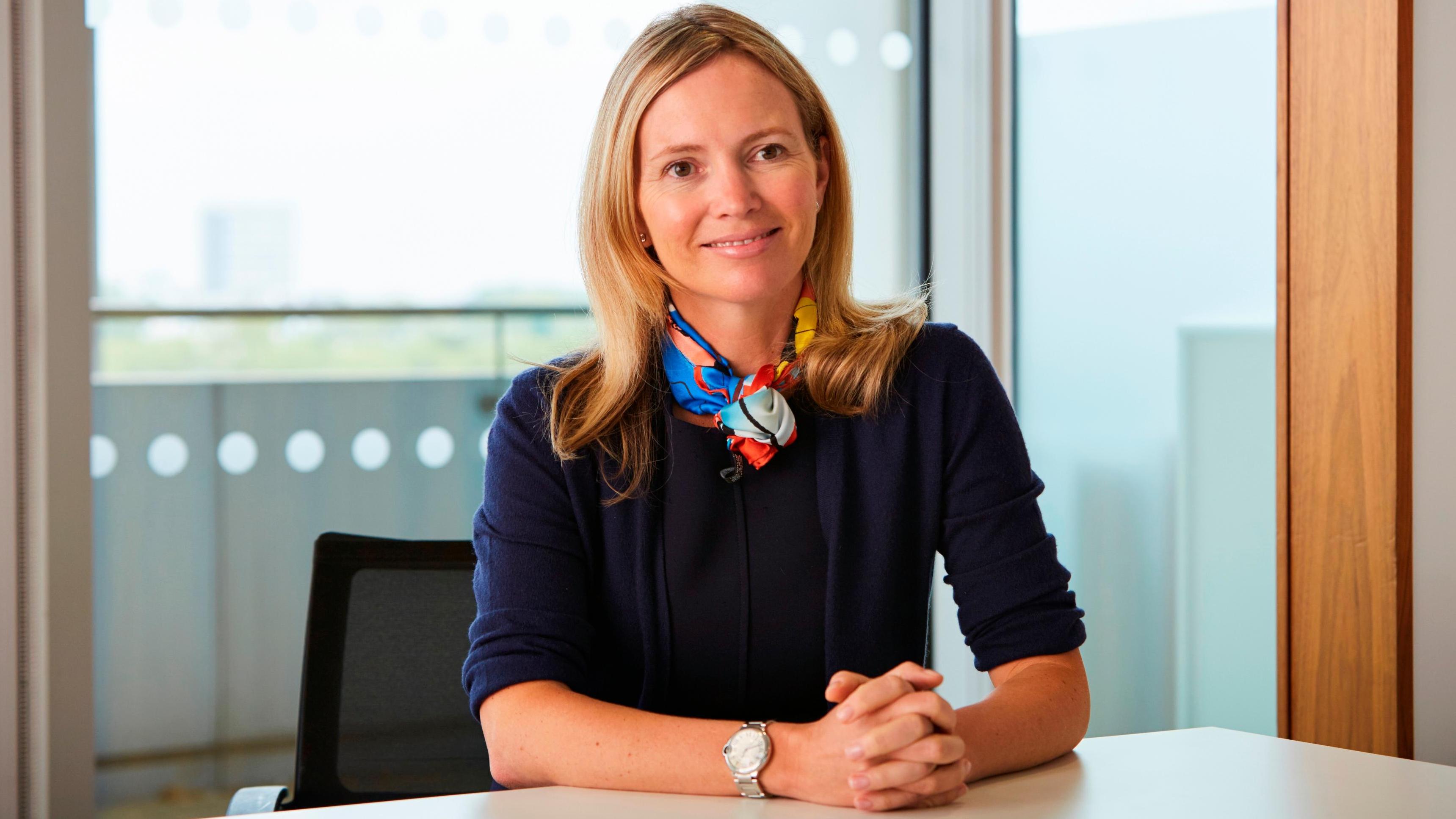TalkTalk CEO doesn't want to standout as "woman in tech"
Tristia Harrison offers solutions to draw more women into the industry


TalkTalk's CEO hopes one day she's no longer described as a "woman in tech" because women will one day stop being a minority in the industry.
In a column in the Telegraph to mark International Women in Engineering Day, the new CEO of the ISP Tristia Harrison said she found it "strange" that people believe "technology is not a sector that appeals to women," describing her own career at Carphone Warehouse and then helping to launch TalkTalk as "exciting and dynamic".
However, she noted that 27% of those in the digital industries are women, with even fewer in engineering roles or in leadership positions. The number of women in technology has been falling, reports suggest.
"Being a 'woman in tech' is something I'm incredibly proud of but I look forward to a time where it is no longer a label I wear, because women are no longer in the minority," she noted.
Harrison's call to arms comes as the British Computing Society reported a "worrying" drop in the numbers of students taking Computing GCSEs, as a shortage of skilled tech workers threatens the industry.
While Harrison suggested one reason women aren't joining tech is because it's believed it lacks appeal, her column comes as sexual harassment is being highlighted across the industry, with Uber CEO Travis Kalanick stepping down following allegations of "bro culture" and systemic sexism at the company, and the founder of a venture-capital fund accused of inappropriate behaviour.
To help redress the balance, Harrison called for more "inspirational education" to help students see the creative side of technology, better visibility of women in the sector to encourage the next generation, and improved employee recruitment and retention. "The wonder of technology means that you can work anywhere," she wrote. "Flexible working is ingrained in our culture at TalkTalk and I think more companies should embrace this to allow women (and men) the flexibility to work alongside their families."
Sign up today and you will receive a free copy of our Future Focus 2025 report - the leading guidance on AI, cybersecurity and other IT challenges as per 700+ senior executives
She also called for more investment into bursaries and scholarships, and for more funding for fibre infrastructure though how that will specifically help women rather than ISPs like TalkTalk wasn't made clear.
Freelance journalist Nicole Kobie first started writing for ITPro in 2007, with bylines in New Scientist, Wired, PC Pro and many more.
Nicole the author of a book about the history of technology, The Long History of the Future.
-
 Young women are keen on pursuing STEM careers, but they’re still facing huge barriers
Young women are keen on pursuing STEM careers, but they’re still facing huge barriersNews From fears that STEM courses will be too demanding to concerns about family responsibilities, women aren't taking up training they'd actually like to do
-
 It’s the end of the road for Women Who Code, following loss of “critical” funding
It’s the end of the road for Women Who Code, following loss of “critical” fundingNews The organization supporting women in the tech industry is being dissolved 13 years after it was founded
-
 Five common barriers holding back women in tech
Five common barriers holding back women in techWomen in tech still face significant challenges in the workplace
-
 Report: Brexit and COVID to blame for lack of diversity in tech
Report: Brexit and COVID to blame for lack of diversity in techNews One in two surveyed respondents cited the two events as key factors in the failure to improve diversity in leadership roles
-
 Australia allocates $6.7 million to advance women in STEM initiatives
Australia allocates $6.7 million to advance women in STEM initiativesNews Women make up only 28% of the country's STEM workers
-
 IT Pro Panel: What’s stopping diversity in tech?
IT Pro Panel: What’s stopping diversity in tech?IT Pro Panel The need for more diversity is well established - but we still have a way to go
-
 AWS partners with NPower to boost jobs for women of color in tech
AWS partners with NPower to boost jobs for women of color in techNews Command Shift will find tech jobs for underserved group
-
 AWS and The Dream Collective aim to bring more women into tech
AWS and The Dream Collective aim to bring more women into techNews The SheDares learning program offers women expert advice on how to pursue a career in technology


